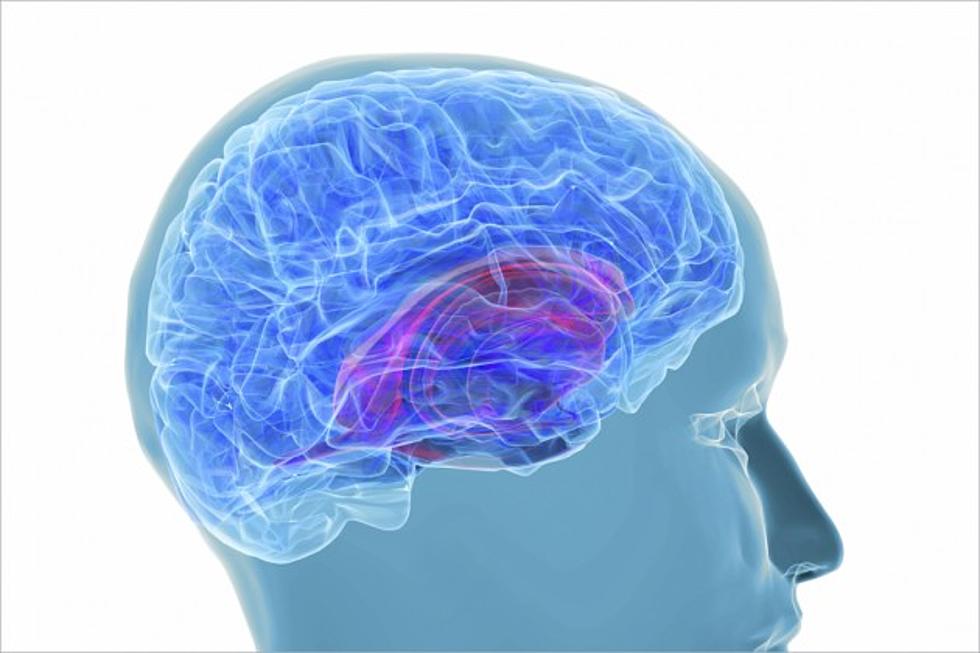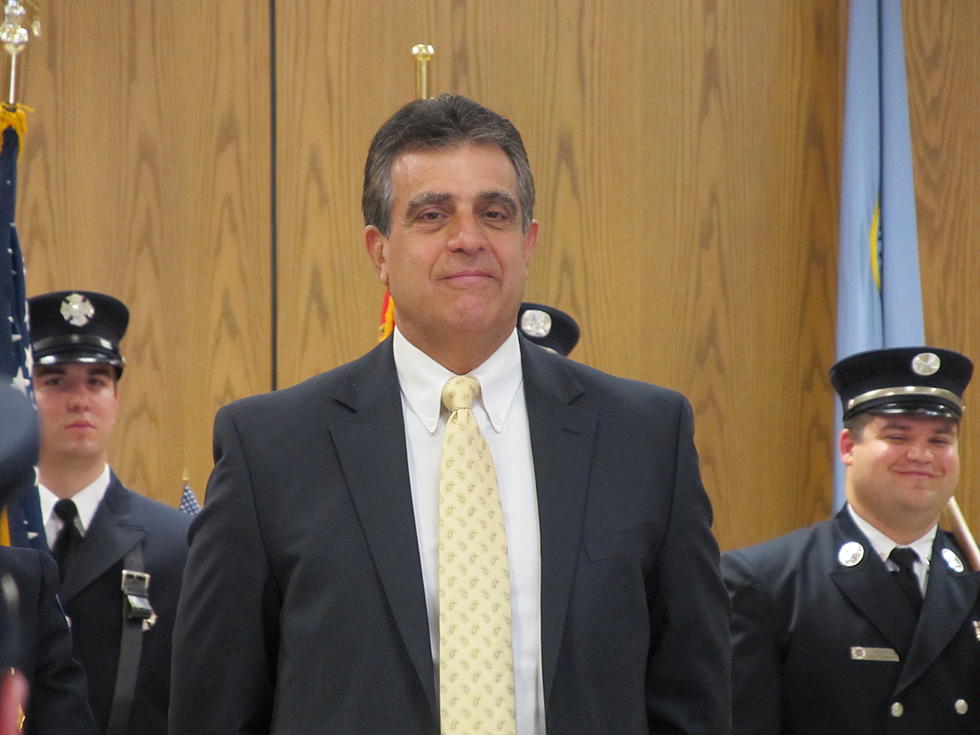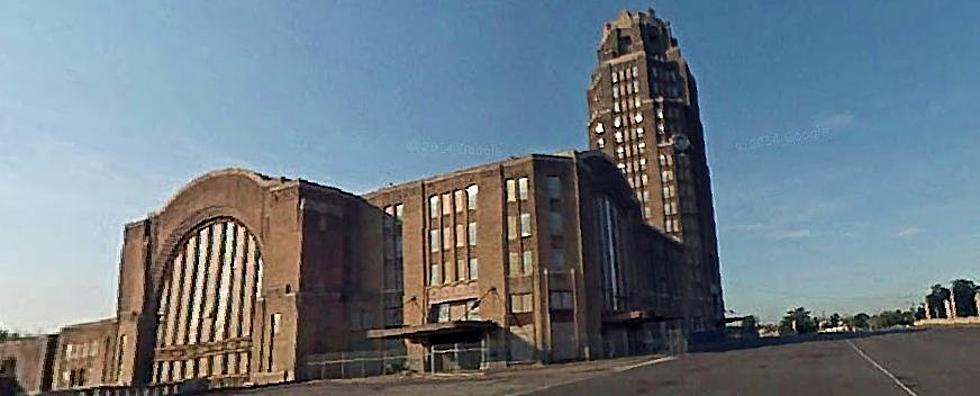
New Research Shows Memory Loss From Alzheimer’s May Be Reversible
Encouraging new research may show that it’s possible to reverse the memory loss associated with Alzheimer’s disease—if it’s caught early. It’s a frightening and debilitating disease that will affect an estimated 5.2 million Americans in 2014, nearly 200,000 of whom will be under the age of 65 when it begins.
Researcher Dr. Dale Bredesen of the UCLA Mary S. Easton Center for Alzheimer’s Disease Research and the Buck Institute for Research on Aging conducted the small, first-of-its-kind study on 10 participants. Over the past couple of years, the subjects have gone through a personalized and comprehensive program designed to reverse memory loss. Nine of the 10 subjects saw improvements in their memory within three to six months of starting the trial.
According to researchers, the “systems approach” to memory disorders uses a complex, 36-point therapeutic program involving diet changes, brain stimulation, exercise, sleep optimization, pharmaceuticals, vitamins and multiple other steps that alter brain chemistry. The only participant who didn’t see success with this system was a patient diagnosed with late-stage Alzheimer’s.
Bredesen calls the findings “very encouraging,” but admits that the study results are anecdotal. He would like to see further research done in a more extensive and controlled clinical trial.
Even so, six of his 10 patients had stopped working, or were struggling at work, when they started participating in the study, and all have been able to go back to work with improved performance. This could mean extended and improved quality of life for hundreds of thousands of Alzheimer’s sufferers.
More From Lite 98.7




![Taylor Swift’s Diet Coke Commercial Features a New ‘1989’ Song Clip + Kittens [VIDEO]](http://townsquare.media/site/40/files/2014/10/T-Swift.jpg?w=980&q=75)


![One Direction’s ‘Steal My Girl (Acoustic)’ Has Fans Freaking Out [LISTEN]](http://townsquare.media/site/252/files/2014/10/1D.jpg?w=980&q=75)

